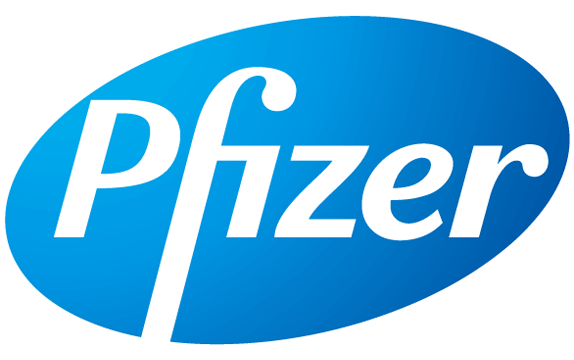Experts tie reduced under-five mortality to low-cost interventions

Nigeria is a signatory to several pledges made in international conferences to solve the problem of hunger, malnutrition, and child survival across the globe. Notable among those commitments are the 1989 Convention on the Rights of the Child. As the most ratified human rights treaty in history, the convention called for recognition of the child’s right to the “highest attainable standard of health.” In its wake, the World Declaration and Plan of Action on the Survival, Protection & Development of Children given at the 1990 World Summit for Children, remains by far the most celebrated instrument in history for ensuring child survival. In the Declaration, Nigeria, along with other world leaders, committed to “giving high priority to the child”. This document was one of the most convincing proofs that the cause of the child is at the top of the world’s agenda. It symbolized the drive to save millions of young lives from premature and preventable death and reflected hopes for a



